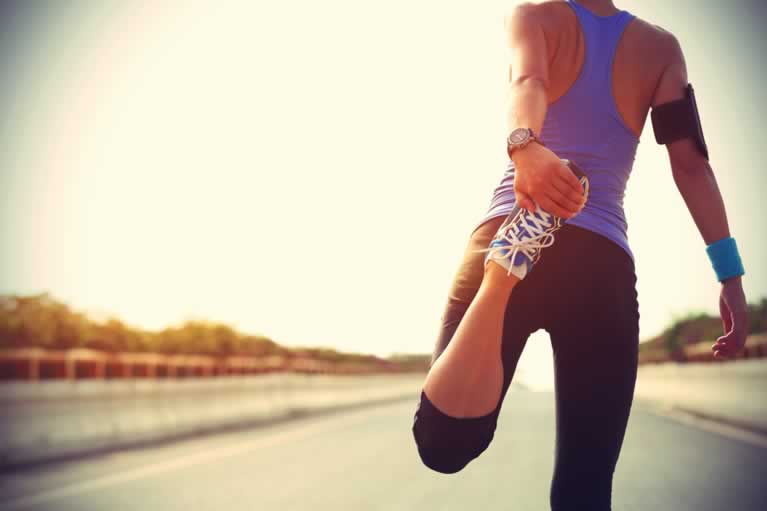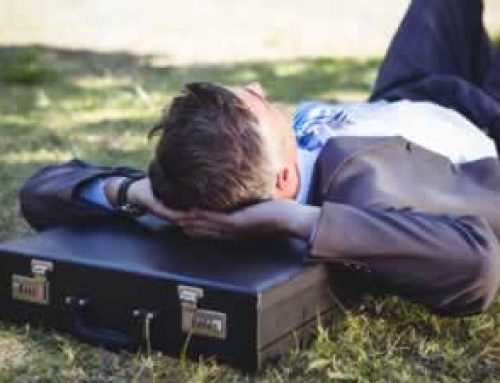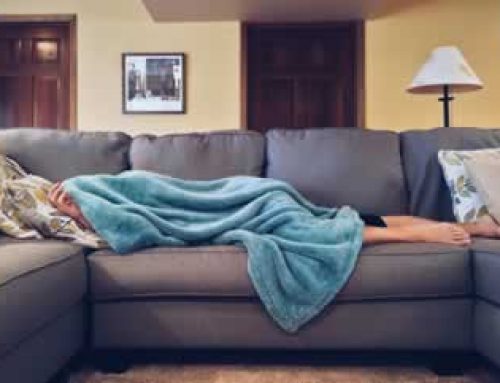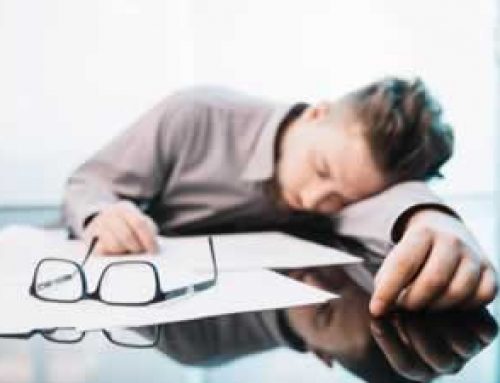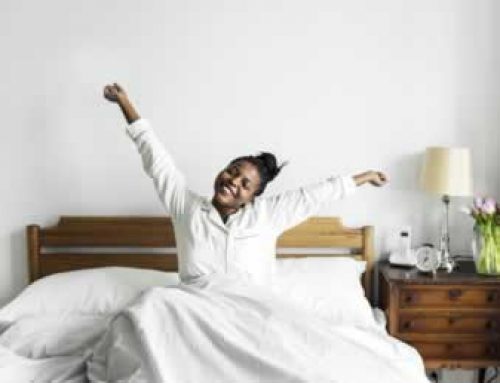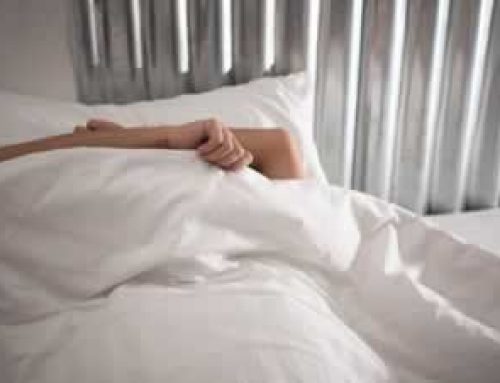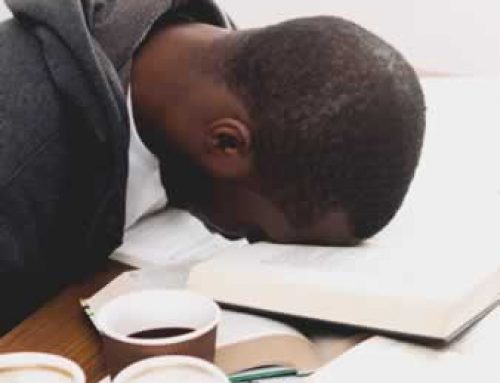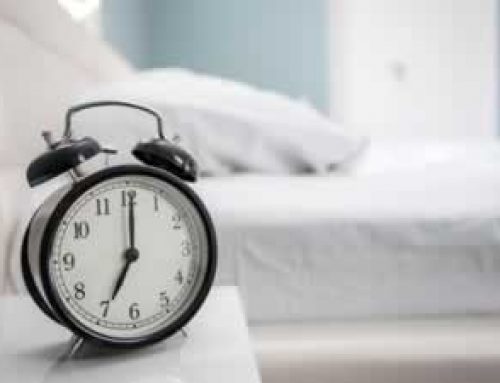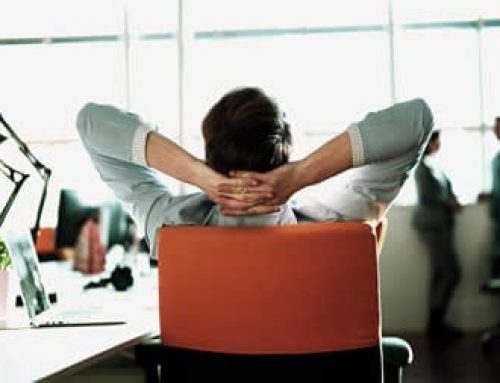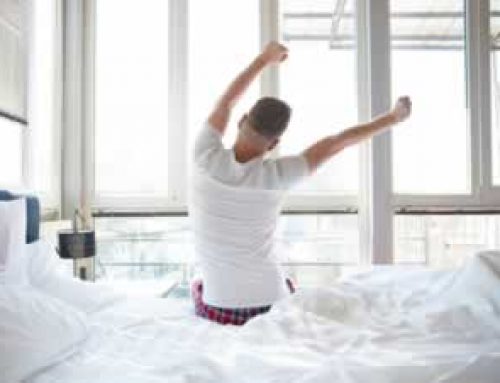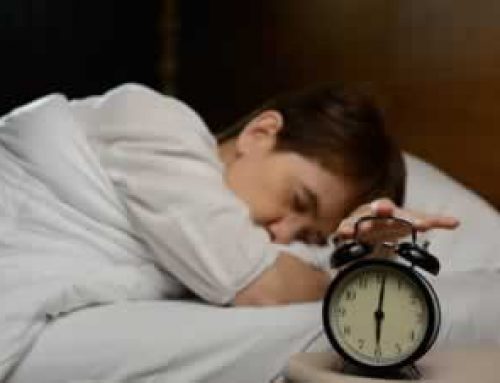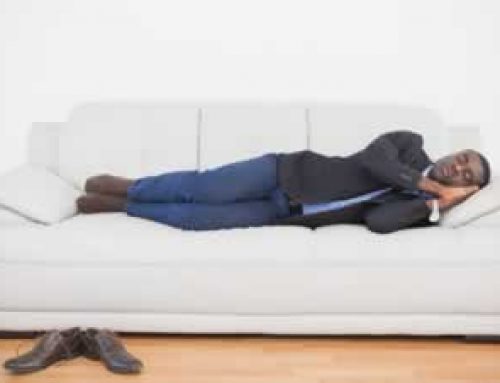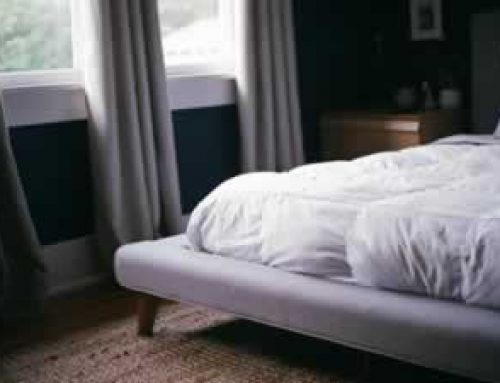How to Improve Athletic Performance By Sleeping
Sleep is the latest strategy that athletes are using to improve their performance on and off the field. Whether you’re a casual or elite athlete, sleep can provide you five major benefits. Getting a full night of quality sleep can deliver the edge you need to win the game, come in first in the race, or simply perform at your personal best. Research shows that getting quality rest is a proven natural performance enhancer that can boost performance by 10% or better. Ready to join coaches from a wide variety of sports in leveraging sleep as a tool in your performance arsenal? Read on!
Research has long supported the fact that sleep has performance-enhancing powers – both mental and physical—from the field to the boardroom. For professional and aspiring athletes, every bit of performance edge they can gain is immensely valuable. For casual athletes, the health quality aspects sleep delivers can be critical. Both sleep quantity and sleep quality impact your agility, strength, speed, and cognitive abilities governing your athletic performance in all aspects – from speed and accuracy to mental acuity and recovery. Here are some of the most critical ways that sleep improves your athletic performance:
Improve Speed and Accuracy
Sometimes training harder is not the answer. Believe it or not, research shows that getting extra sleep can deliver the boost to your speed and accuracy that you’re seeking. In a study at Stanford with the university’s men’s basketball team, they discovered that a sleep-extension (aiming for 10 hours) resulted in both shooting accuracy and timed sprint improvements of nearly 10%.
Other research studies done at Stanford showed that sleep-extension benefits other types of athletes as well:
- Swimmers improved 15-meter sprint time by 0.51 seconds, reaction time off the blocks by 0.15 seconds, turn time by 0.10 seconds, and increased kick strokes by 5.0 kicks.
- Tennis players improved hitting accuracy by 42%.
These improvements in physical, motor and cognitive task accuracy are caused by the impact sleep deprivation has on the body. Sleep deprivation results in impairments of accuracy and other cognitive and motor functions on par with the effects of alcohol intoxication. Research also shows that there is also a direct correlation between sleep and your hand-eye coordination.
Sharpen Mental Acuity
Your cognitive prowess is as important as your physical excellence to your athletic success. You constantly have to assess risks, make swift, complex decisions, and on-the-spot judgment calls. Having a brain working at optimum performance levels is essential. In fact, research shows how the brains of athletes are continually making new neural connections, integrating information, relying on the memory of previous experiences to make decisions and predictions swiftly and under pressure.
Sleep improves split-second decision-making ability by 4.3%
Throw in a bad night (or several) of sleep, and this all is disrupted. Inadequate sleep impairs memory function, focus, and motivation, and interferes with learning, storage, and recall. Countless studies demonstrate the adverse effects of poor sleep on judgment and decision-making. Plus, when you’re sleep deprived, you’re more likely to take unnecessary or ill-advised risks, despite being aware that those risks are present.
React Faster
Numerous studies are showing the effect sleep has on reaction times. Recent research suggests that reaction time may as much as triple as a consequence of even a single all-nighter or ongoing sleep deprivation. Studies of college, elite, and professional athletes across a range of sports show sleep deprivation slows reaction time considerably.
Even a single all-nighter can reduce reaction times by more than 300%, not to mention recovering takes several days.
Reduce Injuries and Illness
Sleep deprivation and fatigue affect reaction time, immune system function, and cell repair which results in increased injury and illness risk. When you’re fatigued, your ability to react to a potential hit on the ice, the field, or the court is reduced. In fact, a study showed that athletes sleeping less than 6 hours per night were more likely to suffer a fatigue-related injury the following day. In addition, when you’re not getting enough sleep, your body doesn’t have sufficient time to regenerate cells and repair itself. Over time the inability to fully recover from illness and injuries will wear on you and contribute to more time watching than participating.
Fatigue also weakens your body’s immune system, leaving you more susceptible to illness. This includes your susceptibility to viruses and bacterial infections and how your body fights them once you come down with them.
Improve Recovery and Long-term Participation
If you’re someone who competes regularly or wants to participate for a lifetime, sleep is essential to your recovery, pain management, and long-term capabilities. Being able to perform at your best is dependent on your ability to physically and mentally recover fully. Research shows that sleep is essential to your ability to recover as an athlete. The quality and quantity of your sleep both affect the restorative, recovery-based functions of sleep. Circadian rhythm disruption from irregular sleep habits, jet lag, and other sleep problems further affect these functions.
Managing pain is an inevitable part of being an athlete from strained muscles to more severe injuries. Sleep not only has a powerful influence over your sensitivity to pain, lowering pain thresholds and elevating perceptions of pain, but poor quality sleep also slows the healing process. On the other hand, quality sleep serves to ease pain, increases pain tolerance, and delivers essential recovery and revitalization of your physical and cognitive abilities and skills. Pain management plays a vital role in how long you can participate in your chosen athletic pursuit.
Participation cut short by pain is one thing, but can sleep really be responsible for how long you can participate. Research indicates just that. A study of MLB players found that fatigue can shorten the playing careers of professional athletes. In fact, the research showed that there was a very linear relationship between fatigue and career duration.
Effects of Napping
Not only will getting a full night of quality sleep benefit your athletic performance, but you can also boost it with a nap. Research shows that if you are suffering from sleep deprivation, a brief nap may help your speed and alertness. Napping has also been shown to improve cognitive performance.
After practice, I would have to go back to the dorm and take a nap. – Kareem Abdul-Jabbar, Retired American Basketball Player
Hockey is the only job I know where you get paid to have a nap on the day of the game. – Chico Resch, Retired Canadian American Ice Hockey Player
[T]he first thought I’ll have [upon waking up] is: I cannot wait for my nap today. I don’t care what else happens. I can’t wait to get back in bed. – Mikaela Shiffrin, American Olympian Slalom Skier
I drink coffee 30 minutes before I want to nap. I think that really helps. – Ali Krieger, American Soccer Player
“Sleep is extremely important to me – I need to rest and recover in order for the training I do to be absorbed by my body” – Usain Bolt, Olympic Athlete
Final Thoughts
While getting quality sleep is essential for everyone, when you’re an athlete are using to improve their performance on and off the field, it can provide the edge you need to win the game, come in first in the race, or simply perform at your personal best. Speed, accuracy, mental acuity, reaction times, illness rates, and your ability to recover are all affected by your sleep quality and quantity. Not only is it a smart and cost-effective strategy, but as nighttime technology use soars, bring with it high levels of exposure to sleep stealing blue light, it’s a performance strategy that professional and casual athletes alike need to take sleep seriously.
“If you told an athlete you had a treatment that would reduce the chemicals associated with stress, that would naturally increase human growth hormone, that enhances recovery rate, that improves performance, they would all do it. Sleep does all of those things.” — Casey Smith, Head Athletic Trainer, Dallas Mavericks
“We’re teaching our players: Sleep is a weapon.” — Sam Ramsden, Dir. of Player Health and Performance, Seattle Seahawks
Improve Your Sleep? It’s Easy If You Do It Smart
- Create a sleep routine that includes a consistent bed and wake time each day
- Create a quiet, calm, and dark environment
- Keep the room cool
- Select comfortable, natural fiber bedding and clothing
- Avoid consuming caffeine after 3pm
- Don’t go to bed hungry, but don’t eat a heavy or fatty meal before sleep
- Limit how much you drink before bed
- Avoid the use of computer, tablet, TV for two hours before sleeping
- Get 7-10 hours of sleep every night
- Don’t nap after 4pm

